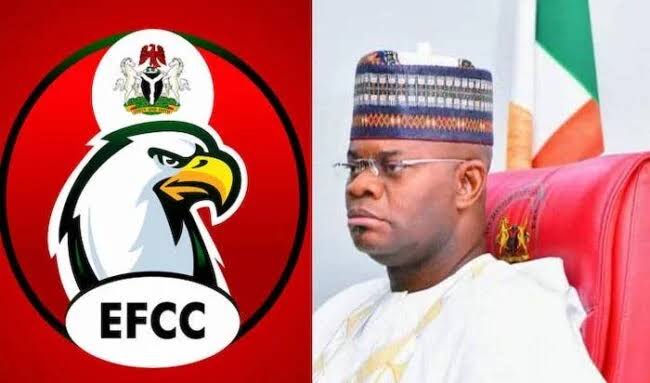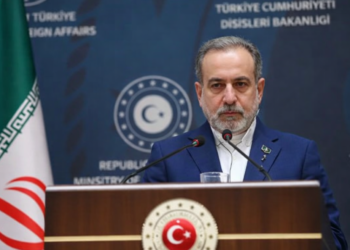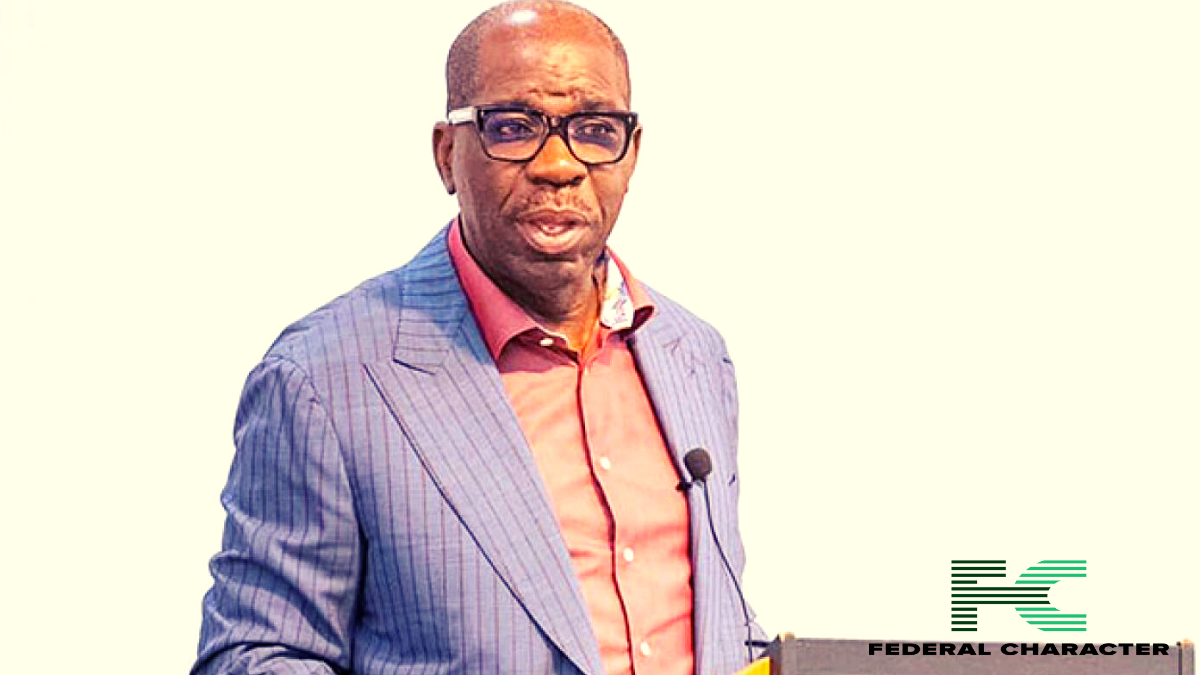The Economic and Financial Crimes Commission (EFCC) has made it abundantly clear that no amount of blackmail will tarnish its integrity or stop the prosecution of former Kogi State Governor, Yahaya Bello. In a typical fashion of the Nigerian political elite, Yahaya Bello has tried to evade justice, but the EFCC seems to be having none of it. With a statement from EFCC spokesman Dele Oyewale, the commission has firmly reiterated that Bello must face the law. Of course, the former governor has taken every opportunity to act as if he’s above the law, deploying an arsenal of what can only be described as shameless attempts to obstruct justice.
It’s almost laughable that Bello, after pulling stunts, he still has the audacity to play victim. Oyewale minced no words when he described Bello’s efforts as “irresponsible” and “utterly rascally” a polite way of saying that the former governor’s antics are nothing short of a circus. The EFCC’s response isn’t surprising, though. After all, this isn’t the first time a high-profile politician has tried to twist the narrative and gather public sympathy.
Bello’s case is just another chapter in Nigeria’s long-running saga of politicians who think the law is beneath them. According to the EFCC, this isn’t just about one man; their success doesn’t hinge on whether or not they drag Bello to court. The agency’s track record, as they proudly state, is “remarkable and undeniably impressive.” And honestly, they’re not wrong. Corruption in Nigeria has always had a way of fighting back, and politicians like Bello are living proof.

What’s most entertaining (and tragic) is that Bello has yet to take his plea in the alleged N80.2 billion money laundering case hanging over his head. Yet, he manages to waltz around with a self-righteous attitude, apparently oblivious to the charges against him. The former governor’s behavior reached new heights when he “invaded” the EFCC’s corporate headquarters, flanked by an entourage of security personnel and even dragging along a sitting governor his for good measure. Immunity be damned, right? A typical case of “orishirishi”
Bello’s so-called attempt to surrender himself to the EFCC on September 18, 2024, reads more like a carefully orchestrated drama than a genuine act of accountability. After months of operating like a fugitive and denying any invitation from the commission, he now expects Nigerians to applaud his supposed compliance? It’s almost as if he’s banking on the public’s short memory or gullibility. Unfortunately for him, the EFCC saw through his antics and wasn’t about to let him turn his ‘surrender’ into a media spectacle.
This entire saga raises a crucial point about how corruption cases involving high-profile figures are handled in Nigeria. While the EFCC is quick to point out that Bello’s case won’t define their success or failure, it’s undeniable that cases like his are a litmus test for the agency’s credibility. The public is watching closely, not just to see if Bello will eventually face trial, but to gauge whether the EFCC will stand its ground or cave under pressure.

















